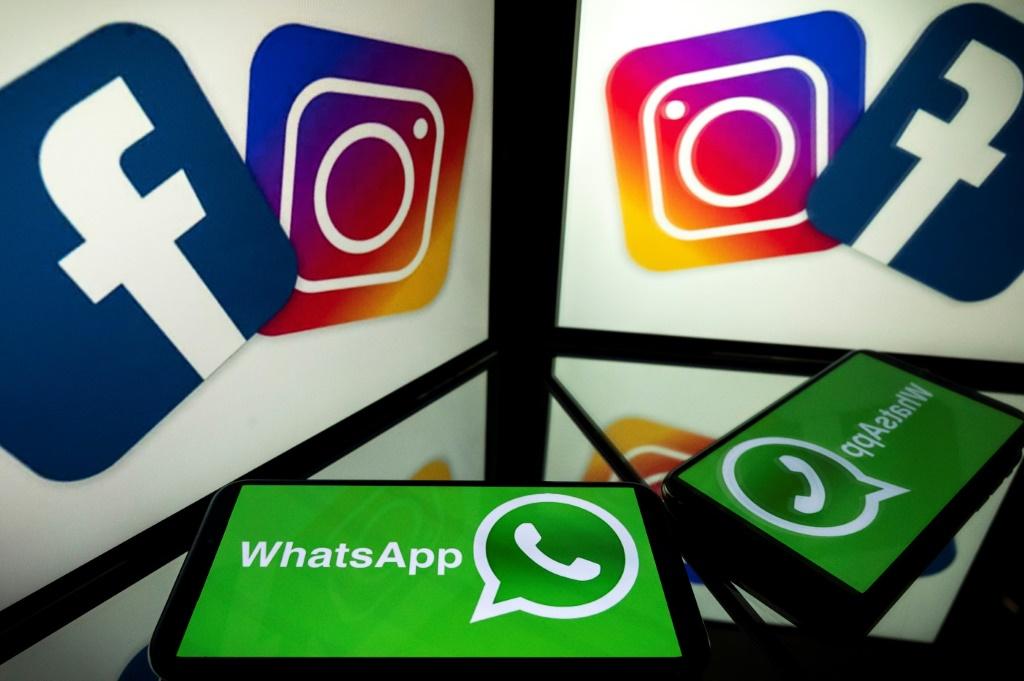
Pankaj Singh & Gautam Jha
The Government of India, in the exercise of its power under section 87(2) of the Information Technology Act, 2000 (hereinafter referred to as the Act), and in supersession of the earlier Information Technology (Intermediary Guidelines) Rules 2011, framed the Information Technology (Intermediary Guidelines and Digital Media Ethics Code) Rules, 2021 (hereinafter referred to as the Rules) and notified the same on 25.02.2021.
Recently the special Rapporteurs of the United Nations have written to the Government of India expressing concern that the Rules of 2021 in their current form do not conform with the International Human Rights norms. They also urged the Government of India to withdraw, review or reconsider certain key aspects of the Rules.
Before writing to the Government of India on the rules, the special rapporteurs should have gone into the provisions of Rules and the legislative & Judicial approach on the Right to Privacy in India. Back in 2017, A nine bench of the Supreme Court of India in the case of Justice K.S. Puttaswamy(Retd) vs Union of India, AIR 2017 SC 4161 has ruled that Indians enjoy a fundamental right to privacy, that it is intrinsic to life and liberty and thus comes under Article 21 of the Constitution of India. Since then, the Right to Privacy is a fundamental right of the citizen of India.
As far as the Right to freedom of speech and expressions is concerned, it is expressly guaranteed under Article 19 (1)(a) of the Constitution of India. Further Article 19(2) expressly provides for the reasonable restrictions on Article 19 (1)(a). Under the law of India, if anyone claims that a particular law infringes fundamental rights of Citizen of India, it is open for them to challenge it in the Supreme Court of India under Article 32 of the Constitution and if the Hon’ble Court find it in conflict with the fundamental rights it could be struck down by the Supreme Court of India. India’s democratic credentials are well recognized across the globe and an Independent Judiciary and a free press are indispensable parts of India’s democratic structure.
The Rules of 2021 are framed to empower ordinary users of the social media of India. After the enforcement of these Rules, the victims of abuse on social media platforms would have a forum for redressal of their grievances. The enactment of the Rules of 2021 had become necessary due to widespread concerns about issues relating to increased instances of abuse of social media and digital platforms, including inducement for recruitment of terrorists, circulation of obscene content, the spread of disharmony, financial frauds, incitement of violence, public order etc. Which ultimately undermines the National Security of a sovereign country. Various crimes are frequently carried out on social media but due to the lack of robust intermediary rules offenders often get away with it. The Rules of 2021 will definitely fill that vacuum and after implementation of the Rules, offenders could not get away with their crimes so easily.
Time and again Supreme Court of India have directed the Government of India to frame necessary guidelines to eliminate child pornography and related contents on online platforms and other applications. Back in 2018, the Supreme Court in Re: Prajwala Letter case holds that the Government of India may frame necessary guidelines/SOP and implement them within two weeks so as to eliminate child pornography, rape and gang rape imagery, videos, sites, content hosting platforms and other applications. Further in 2019, in the case of Facebook vs Union of India, the Hon’ble Supreme Court of India said that it was imperative to frame a proper regime to find out the persons/institutions/bodies who are the originators of such content/messages. It has become necessary to get such information from the intermediaries.
The Government of India fully recognizes and respects the fundamental rights of the Citizens of India guaranteed under part III of the Constitution of India and its constitutionality can only be decided by none other than the Hon’ble Supreme Court of India. The Rules have been framed in exercise of statutory powers of the Information Technology Act, 2000 after fully taking into consideration the principles of reasonableness and proportionality.













Comments